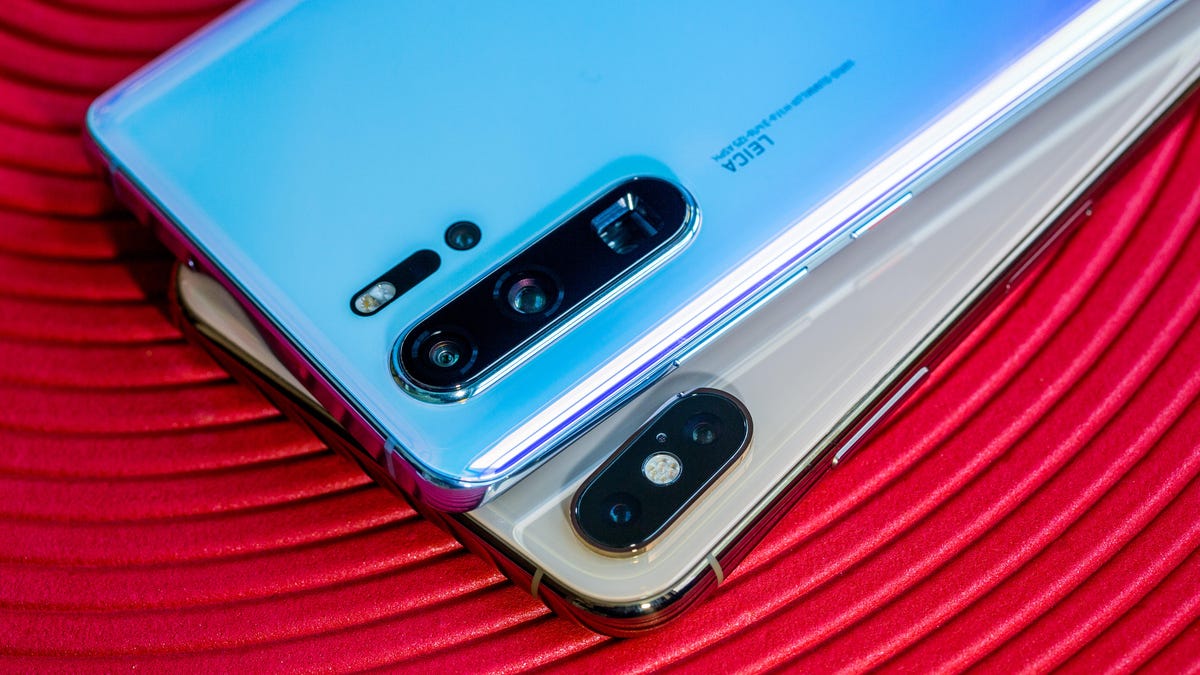Huawei moves to trademark its own OS while objecting to US ban
Huawei's response to the Android ban may be launching its own phone operating system called "Hongmeng."

Huawei's phones could be getting a homemade OS.
Huawei is moving to trademark the name of its operating system, "Hongmeng," in Peru. The Chinese tech giant is also objecting to its US ban through an ex parte letter to the Federal Communications Commission.
Google last month locked Huawei out of its Android updates, though the US Commerce Department granted it a three-month general license to update existing devices.
Huawei's phones currently run on a version of Google's Android mobile operating system, and it has previously said it has no immediate plans to launch its own Hongmeng OS. Huawei is looking at launching it only if Android is permanently removed as an option for its smartphone customers.
Earlier this week, Huawei reportedly began inviting Google Play Store developers to publish their apps on its own AppGallery app store.
A trademark application for Hongmeng was filed with Peru's National Institute for the Defense of Free Competition and the Protection of Intellectual Property (Indecopi) on May 27, Reuters reported Wednesday.
Commentary: Rushing foldable phones doesn't work. Just ask Samsung and Huawei
Indecopi confirmed the filing to CNET Friday morning. The application is still in process, Indecopi added in an emailed response.
Meanwhile, CNBC published Huawei's ex parte memo (PDF) Wednesday, in which the company objects to being banned on the grounds of national security threats.
"Banning particular vendors on grounds of 'national security' will actually do little or nothing to protect the security of America's telecommunications networks," the memo says. "Rather, forcing network operators to rip out and replace their existing equipment would pose a greater threat to network stability and security."
The memo adds that the ban could cause the US to "violate its international trade obligations."
In an email, Huawei confirmed the validity of the letter published by CNBC.
The US blacklisted networking gear from Huawei in May, and President Donald Trump signed an executive order essentially banning the company in light of national security concerns that Huawei had close ties with the Chinese government, a charge the company has denied repeatedly.
Huawei filed a motion in US court to have US legislation that bars federal agencies from buying its products ruled unconstitutional, but hardware and software vendors have been continuing to flee Huawei -- Amazon Japan reportedly no longer sells Huawei devices, and Microsoft reportedly removed Huawei's MateBook laptops from its online store.
Huawei scientists have also been banned from reviewing science papers from US-based publisher the Institute of Electrical and Electronics Engineers.
In late May, Trump reportedly told the press that he could use an offer to reverse the blacklisting of Huawei as leverage in the escalating Chinese-American trade tensions.
Google reportedly warned the Trump administration last week that the Huawei ban could endanger US national security, however, and it was reported Monday that Russel T. Vought, acting director of the White House Office of Management and Budget, has requested a two-year reprieve for Huawei.
Huawei said it needs more time to become the world's biggest phone seller on Tuesday, and also reportedly delayed the announcement of its new laptop.
Originally published June 12.
Update June 14: Adds confirmation from Indecopi.

